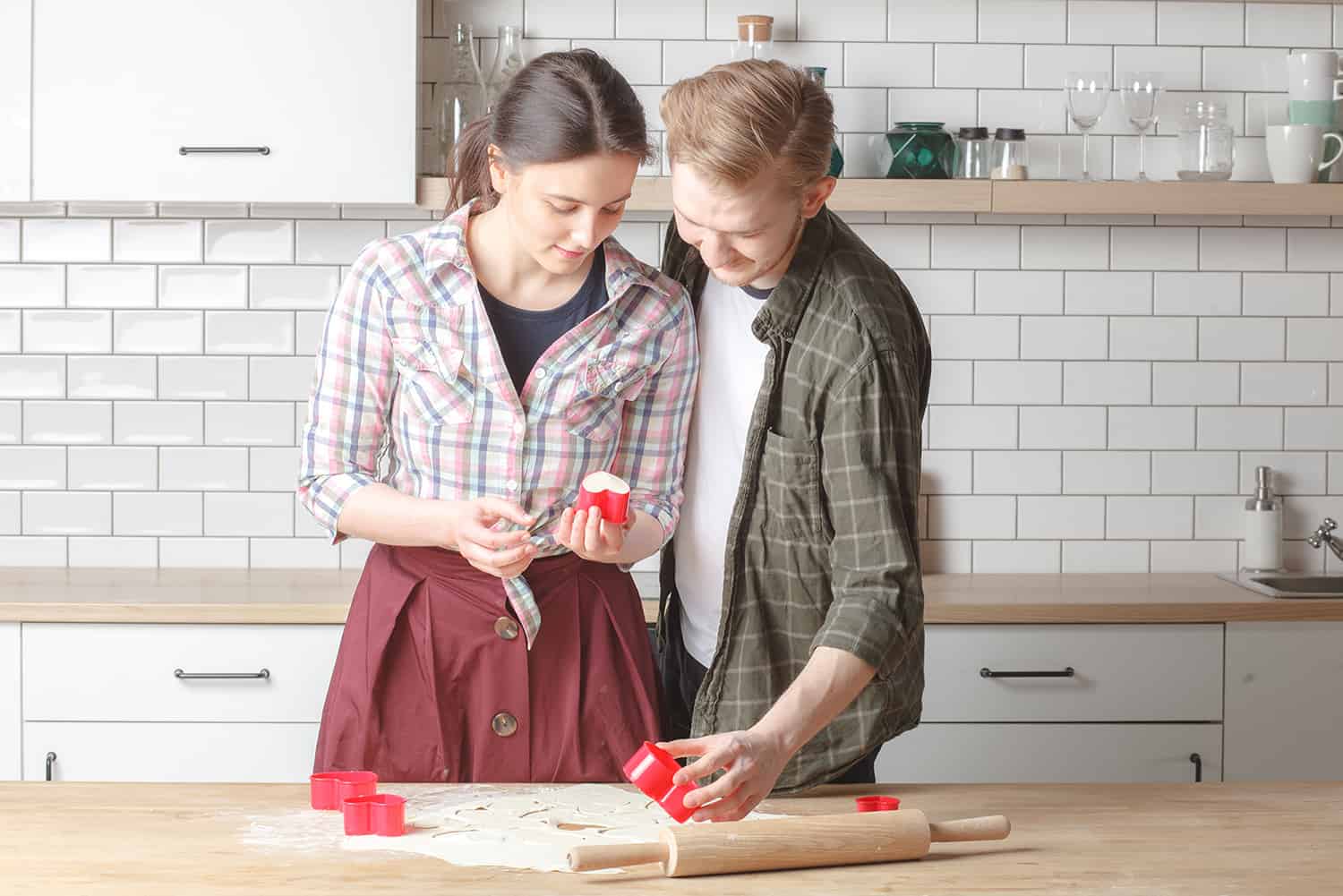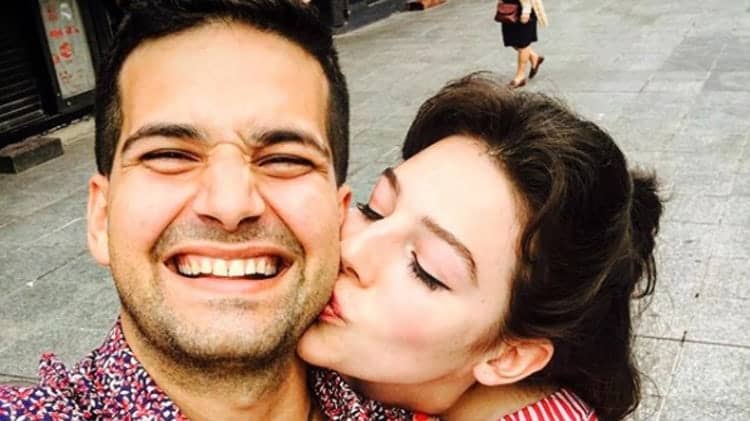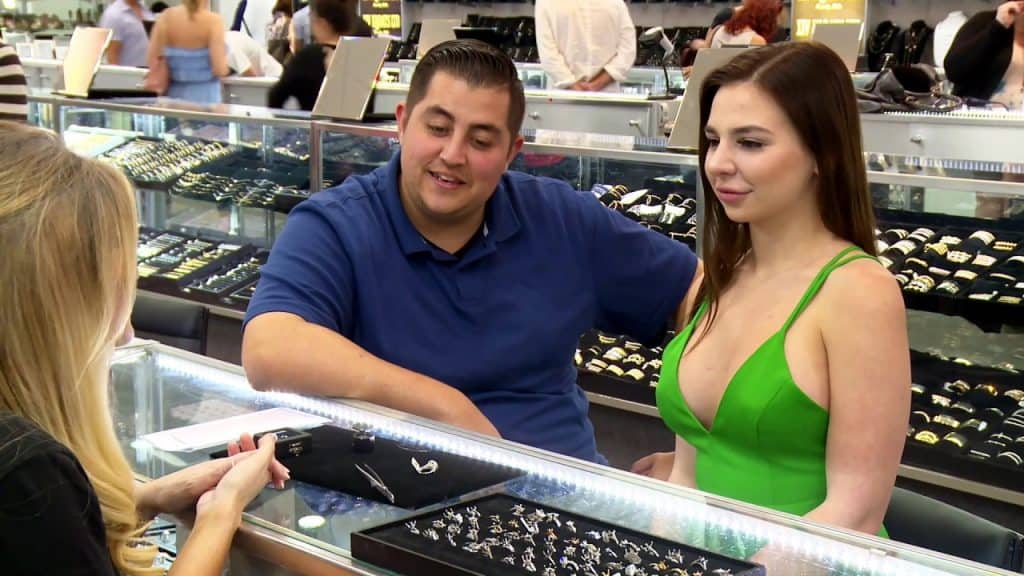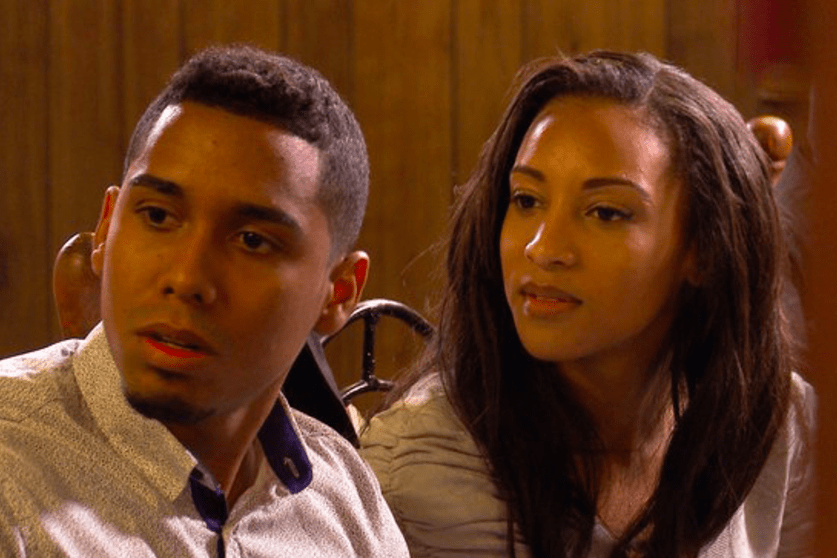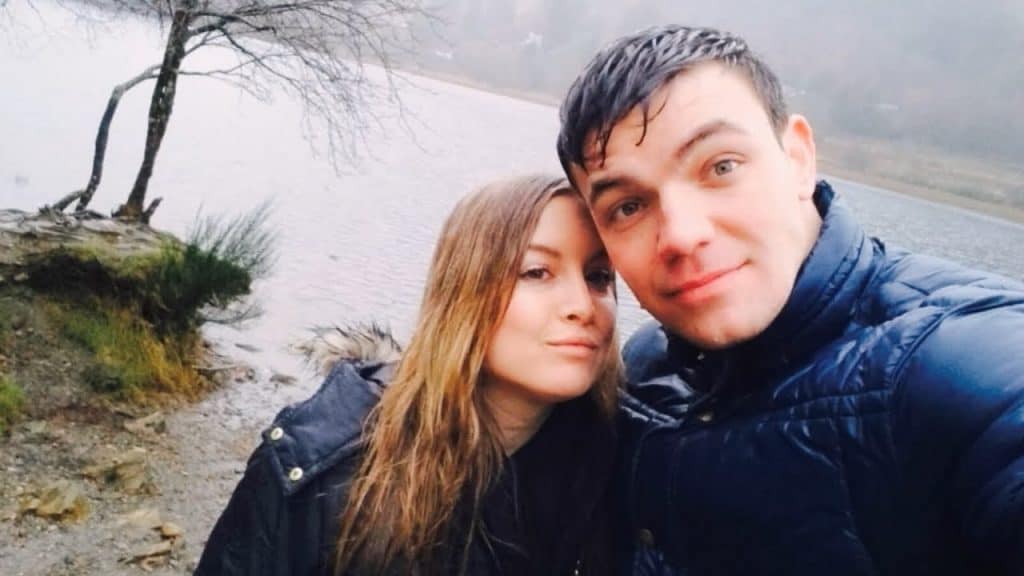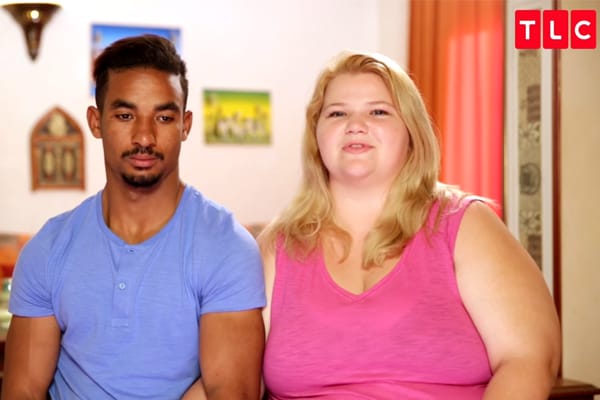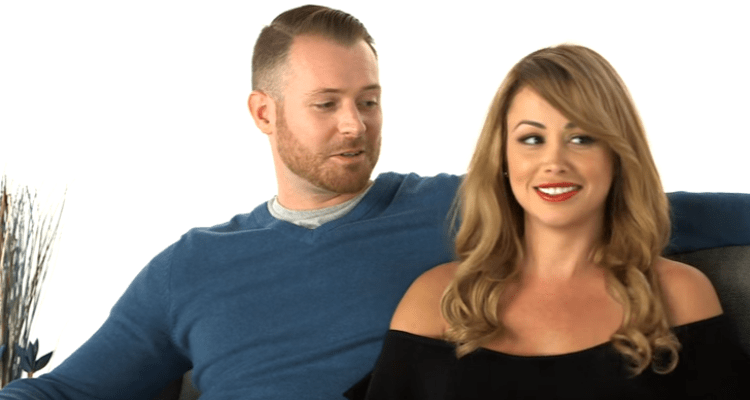From mind-reading on a date to tuning into psychic alarm bells, how you can use your sixth sense to find the perfect man…
Are you fed up looking for love in all the wrong places? It might be time to tune in to your intuition. As a psychic consultant, I believe the real reason we struggle to find the perfect partner is because we ignore our instincts.
We turn our back on our inner wisdom and listen to what people tell us rather than using our sixth sense. The results are confusion and heartbreak. You might think love is complicated, but when you use your instincts you’ll see it’s simple.
Follow my steps for getting in touch with your intuition and you’ll be able to mind-read your dates and suss out the Mr Rights and Mr Wrongs — and find a partner who is perfect for you…
YOUR SECRET POWERS
Did you know you can read minds?
We all have intuitive power. All of us have had feelings about people that have been correct, yet we can’t put our finger on why we felt the way we did.
We often know when a partner is lying to us, even if every logical sign is to the contrary. The problem arises when we choose to ignore these feelings.
‘I knew something wasn’t right from the start,’ my client will tell me, a month after her date has run off with her best friend. ‘But I hoped for the best.’ If only she’d listened to her inner wisdom.
How to tap into that intuition
Often, our minds are filled with daily chores, worries and problems. When our mind is full like this, we’re far away from our intuition and, as a result, we make bad decisions — particularly when it comes to relationships.
So set aside half an hour a day to clear your mind. Turn off the radio, TV and your mobile phone, close your eyes and let go of your thoughts and worries.
Intuitive thought comes from a calm place, but it also comes from taking notice of the signs the world is giving you . . .
SEVEN RULES OF INTUITION
Rule One: Believe In Yourself
The minute you begin to doubt yourself, your intuition stops talking to you.
Rule Two: Relax
The mind must be calm to let the right energy come through.
Rule Three: Listen to your dreams
Intuitive thoughts often come to us in dreams. So when you wake up, jot down as many details as you can remember, which will help make clearer the messages your dreams are trying to give you.
Rule Four: Notice coincidences
If you bump into an old friend, keep in touch. The universe is trying to send you a message — let your intuition be your guide.
Rule Five: Don’t ignore your feelings
Don’t try to suppress negative feelings with a chocolate bar. Instead of snacking to make yourself feel better, face up to what is making you unhappy.
Rule Six: Pay attention to your body
How often have you heard people say such things as ‘He makes me sick to my stomach’? Take time to listen to what your body is saying.
Rule Seven: Practice
No one would take an exam without study. It’s the same with intuition — use it every day to build up your powers.
UNDERSTAND YOUR PAST RELATIONSHIPS
Love cycles
Do you understand why past relationships ended? I’ve counselled many clients who have lived out the same bad relationship over and over again. Their partners change, but the relationship is the same.
Here are the five negative love cycles I see clients repeat over and over again:
You never get past the first few dates;
He leaves you for his ex;
He stops calling you;
He cheats on you;
He’s never good enough for you.
Don’t ignore psychic alarm bells
Now that we’ve identified the cycles, it’s time to take responsibility for your past relationships. Otherwise, you’ll be stuck with negative feelings. What warning signs did you ignore in the relationship?
Have you ever replayed a situation in your head after a relationship has ended and said to yourself ‘I knew something wasn’t right when he said that’? That’s a psychic alarm bell.
Look at your past two relationships or dating experiences and see if you can identify the alarm bells.
Write out three or four pages about each one, from how you met to how it all ended. Now, take a good look at what you’ve written and work out which warning signs you chose to ignore.
Did he ever talk about his former girlfriend and, if so, how did you feel at the time? Were there any unexplained date cancellations? What were the situations that gave you cause for alarm, but you brushed over?
You will see there was at least one alarm bell, and most likely four or five. Here is the important part: Learn from them. Look out for them in your next relationship.
Asking painful questions
Ask your intuition why you seek out these kinds of relationship. It might be painful, but it’s only in taking responsibility that you can move on.
If you never get past a few dates, is it because you are picking partners you aren’t suited to? If so, why?
If you keep going for men with former girlfriends in the wings, is it because you don’t think you really deserve a man with a clean slate?
And if no man is ever good enough for you, is it really because a bad relationship or complicated family background left you terrified of being hurt?
The biggest block to finding true love is self-esteem. Tune in to your higher self to access the confident, happy, loving you.
‘SEE’ YOUR SOULMATE
Now that you’ve reconciled your past, it’s time to look to the future.
I’m always amazed by how few people have taken the time to consider who is their perfect partner — Mr Right.
The Power of 100
This is a psychic tool to imagine your perfect mate. Take a piece of paper and write out at least 100 things you would like in your future partner.
You could include ‘qualities’ such as ‘loves watching EastEnders’ and ‘can ride a bike with no hands’. Write only positive statements.
Once you’ve noted the qualities you would like, you will have a picture of the person with whom you want to spend your life.
Believe it or not, that person exists and is on his way. Your soulmate might be a new person or an old friend who drifts back into your life at exactly the right moment.
DATING
Mind-reading when you meet
Feelings are the messengers of the intuition. Pay attention to how you feel when you’re spending time with a new love interest. Most people have a few nerves when they’re dating, especially if they’re really interested in someone, and this is fine. But do you feel anything else? Happiness? Comfort or discomfort? Unusual levels of anxiety? Take note.
How to spot Mr Wrong
You might meet people who aren’t good relationship material — you’ll need your intuition to be on the alert for men who aren’t what they seem to be.
There are three types of Mr Wrong: Married Men, Players and Commitment-phobes. Each comes with his own early warning system. If he pays only with cash and can’t see you at weekends — is he married? If he says charming things, but his actions say he couldn’t care less — is he a game player?
Listen to those psychic alarm bells.
How to spot Mr Right
Once you’ve got past the first few dates, how do you know love is long-term? Your intuition has a special way of showing you that a man genuinely cares.
There are many psychic love signs — he might choose dates that match your taste — but mostly it is just a feeling. Finding Mr Right will make you feel warm, contented, special and safe.
By tuning in to your powers of intuition you will find this true love.
Curated by Erbe
Original Article

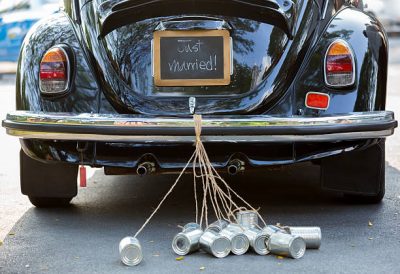 It was a perfect end to a perfect day: The Bride (wearing an off-beat vintage dress that totally said “I’m not like other brides”) took a celebratory swig from a flask in the passenger seat. Her Groom squinted like a sultry James Dean, driving toward the horizon with wind in his hair. The sexy beats of Arctic Monkeys accompanied them as they drove; they thought of the red-hot road trips they took when they had first been dating. This new beginning was just a continuation of a love that was already good.
It was a perfect end to a perfect day: The Bride (wearing an off-beat vintage dress that totally said “I’m not like other brides”) took a celebratory swig from a flask in the passenger seat. Her Groom squinted like a sultry James Dean, driving toward the horizon with wind in his hair. The sexy beats of Arctic Monkeys accompanied them as they drove; they thought of the red-hot road trips they took when they had first been dating. This new beginning was just a continuation of a love that was already good. Love is not a perpetual ride into the sunset. Sometimes it’s two flat tires in a blizzard. And that’s fine! At least it’s not boring.
Love is not a perpetual ride into the sunset. Sometimes it’s two flat tires in a blizzard. And that’s fine! At least it’s not boring.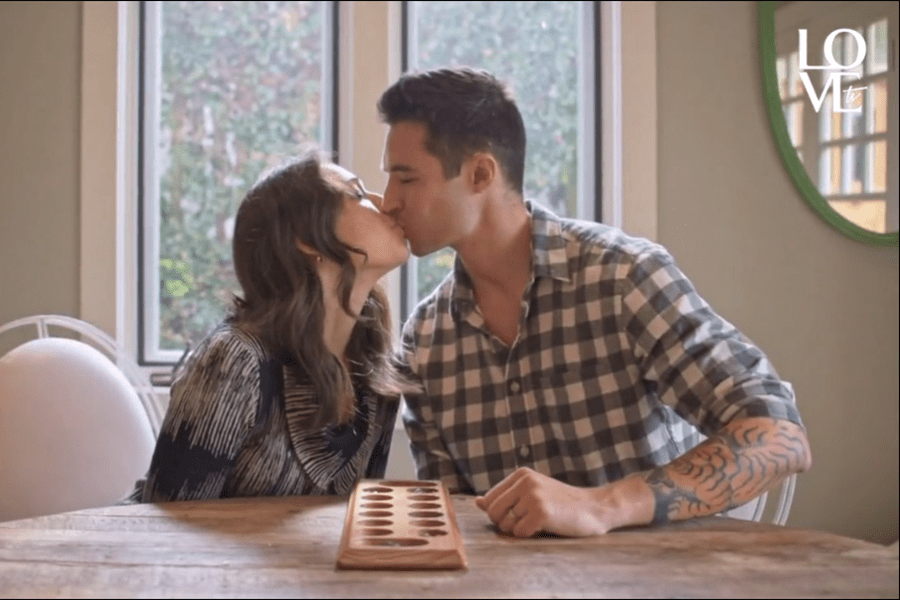

 The
The 





